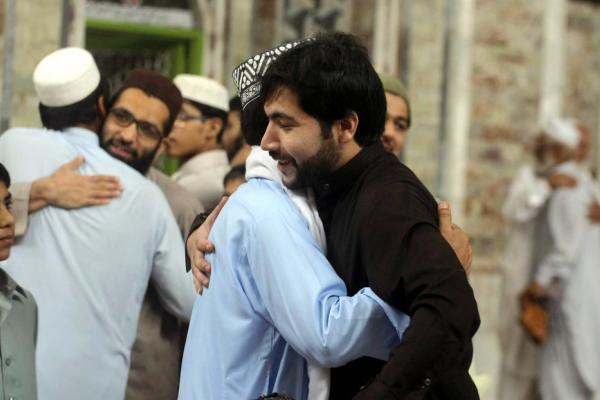May 12, 2015
What followed after two gunmen were killed trying to carry out an attack on an anti-Muslim “Draw Muhammad Contest” was predictable.
Pamela Geller, the organizer of the event, called for war, American Muslims condemned the attack, and the mainstream media rehashed the very old and exhausting debate about whether Islam has a violence problem.
This routine unfortunately reeks of collective responsibility, an antithesis to sound moral ethics in all societies, including Western ones.
Read the Full Article

Already a subscriber? Login
